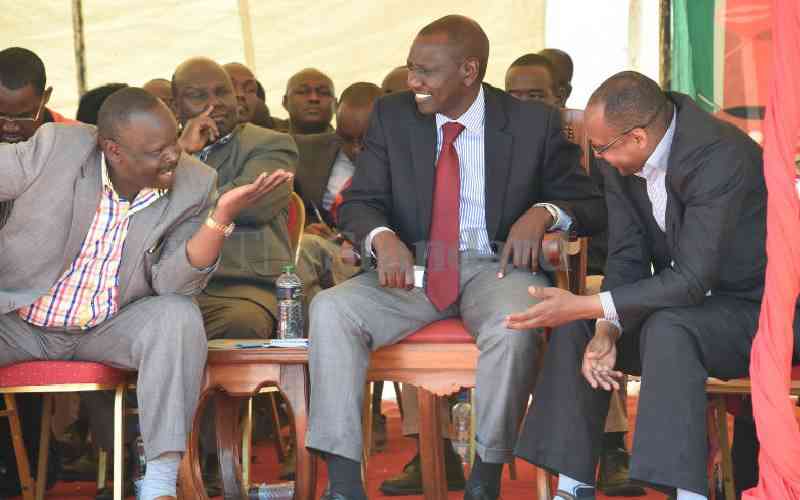×
The Standard e-Paper
Kenya’s Boldest Voice

Unlike in the Mount Kenya region where President William Ruto's administration has experienced a political rebellion, the Rift Valley has remained solidly behind Kenya Kwanza.
This is after the president managed to ring-fence his support from the region that introduced him to national politics in the 1990s.